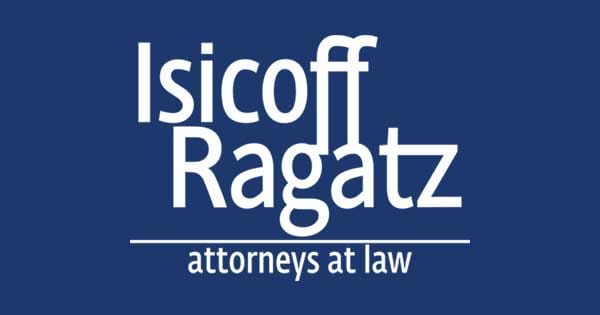Non-fungible token, also known as NFTs, are having their time in the sun right now. They are selling for millions, and every day, there seems to be a new NFT news story about another bank-breaking sale. But, this leaves many confused as to whether NFTs are the same as a copyright.
NFT culture
NFTs are being used by artists now, where they are attaching their work to a block chain to make it a NFT, which makes it a secure, verifiable and, therefore, more easily sellable. This has been done for paintings, photographs and music. Even those who are now famous memes are attaching those to a blockchain to make an NFT. Attaching the art to blockchains attaches a time-stamped record of ownership and transaction. This will show who originally created it and when, and all subsequent transactions, including how much was spent in each transaction.
Copyright versus NFT
At some point in the future, NFTs may become an alternative to a traditional copyright. However, currently, NFTs are just tokens that represent the underlying asset, not the asset itself. This means that, unless there is a separate agreement between the original artist and purchasers, copyrights to that underlying asset belong to the original artist.
Unfortunately, NFT ownership is not so easy to establish because they are a new crypto asset class, which is not regulated. This means that, unlike copyrights, fraud will likely eventually be an issue and enforcement will be unlike. This means also means that the purchaser only owns the blockchain associated with the underlying asset, not necessarily the asset itself. This is why copyright is still so important.
International compliance
Since this asset class is not regulated, international compliance with NFT ownership is not uniform, unlike copyright law, which can be internationally recognized. At some point, the copyright itself may be able to be added to the blockchain, but until then, international compliance will continue to be an issue. As one can likely tell from this brief discussion, for those in Miami, Florida, interested in copyright, contact an attorney.

